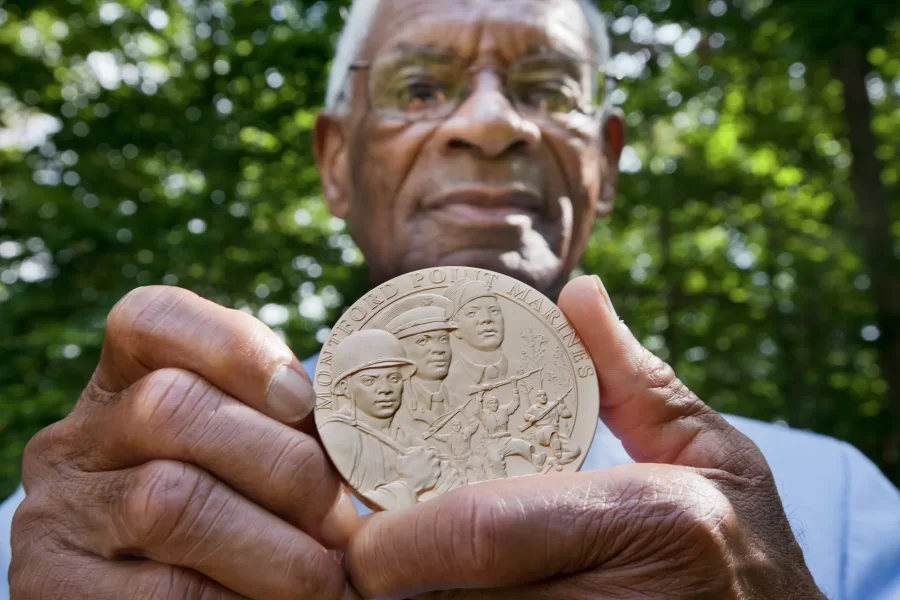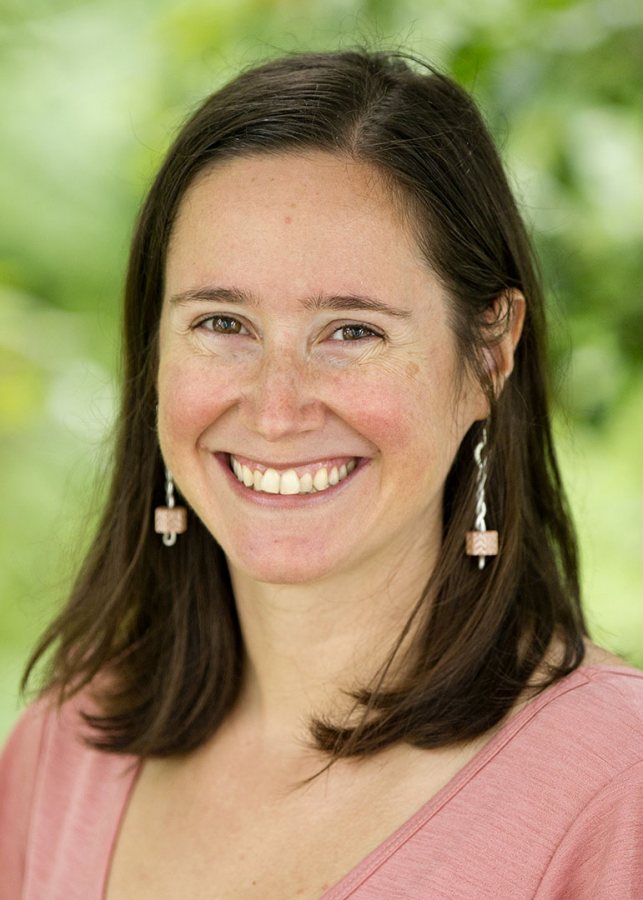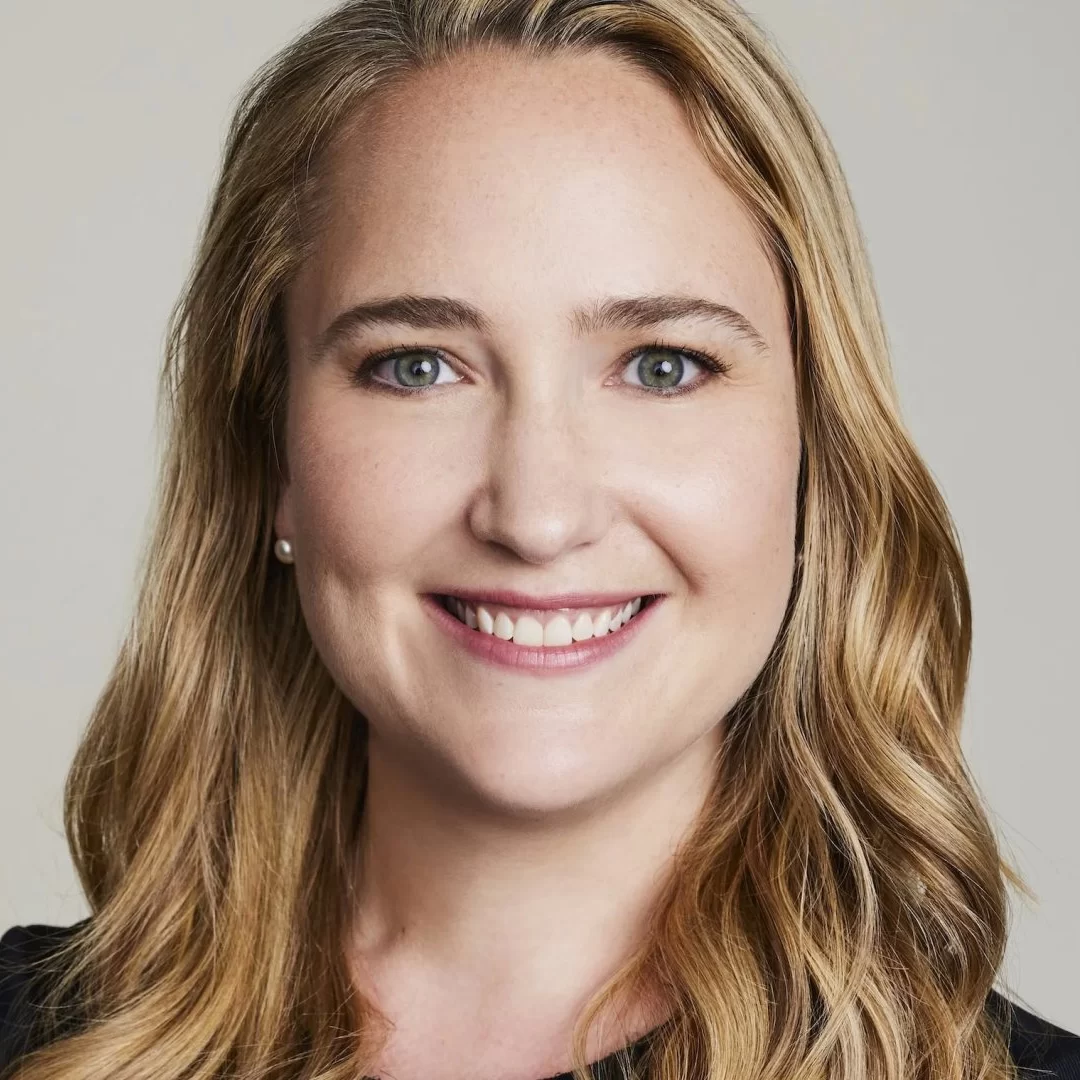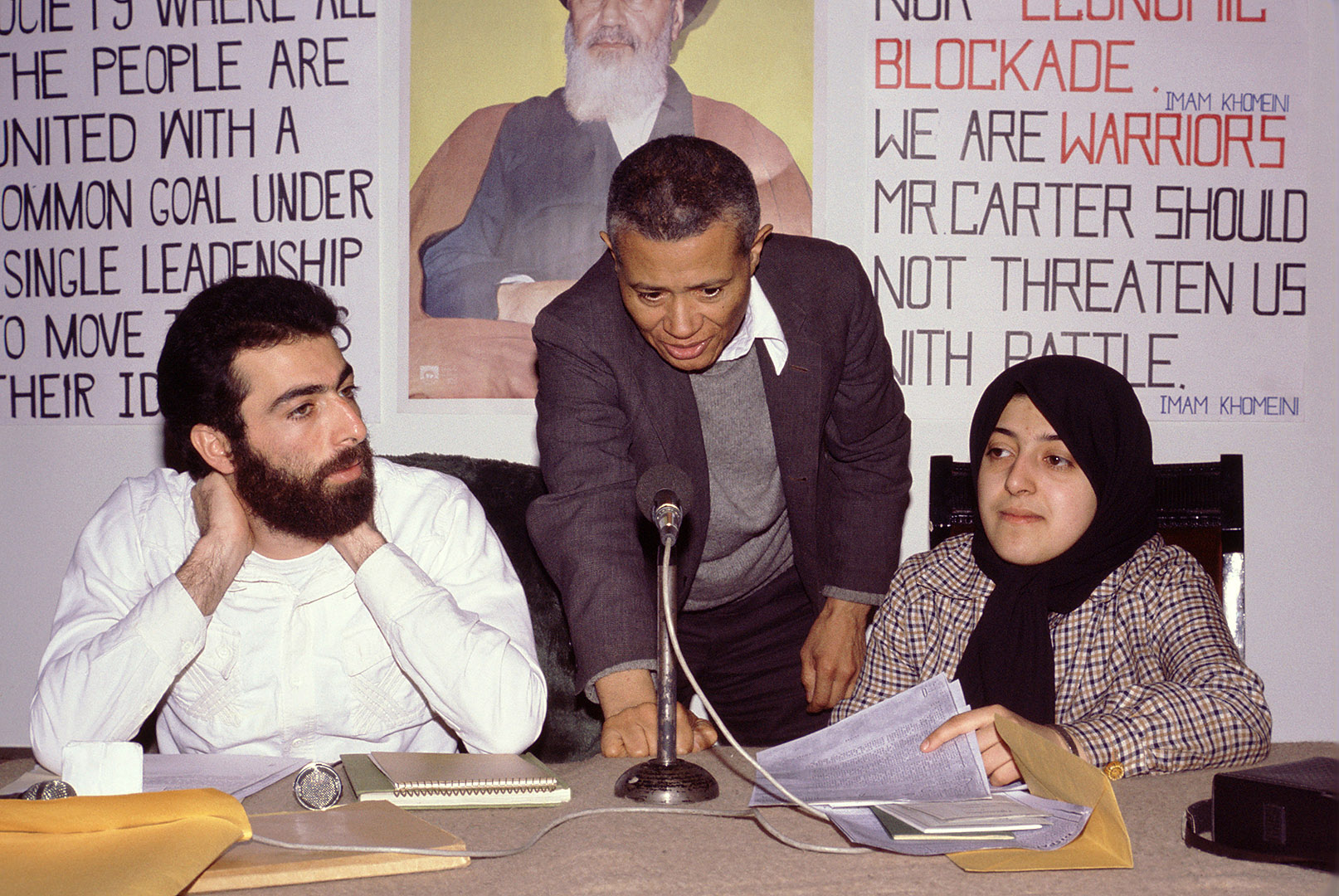
A selection of recent mentions of Bates and Bates people in the news.
Nathaniel Boone ’52: ‘Barrier smashing’ veteran
Nathaniel “Nate” Boone ’52, a “barrier-smashing” veteran and one of the first Black men to serve in the United States Marine Corps, passed away at age 95 on August 20. Tributes to Boone’s legacy were published on Military.com and in the Bennington Banner, Boone’s home paper in Vermont, which has a state-sanctioned holiday on Feb. 17 named after Boone.

Before the military was fully desegregated in 1948, Boone trained at Montford Point, an all-Black training camp in North Carolina. “The white officers didn’t want us there,” Boone said in a 2013 interview with BatesNews. “So, we were sort of fighting the war before we encountered any enemy.”
After leaving the Marines in 1948, Boone attended Bates College and then Boston University School of Law. He practiced law for 41 years. In 2012, the Montford Point Marines received a collective Congressional Gold Medal from President Barack Obama.
- Read the story: “2 Black Marines who broke racial barriers during WWII die within days of each other,” Military.com, August 24, 2023
Michael Somkuti ’19: Creating gaming communities — Philadelphia Gay News
Michael Somkuti ’19, an avid gamer and co-founder of the Philadelphia-based LFG Philly, a social group connecting queer gamers, spoke with Suzi Nash of Philadelphia Gay News about their gaming past and the importance of holding gaming spaces for the queer community.

After helping found the Bates Video Game Club and Esports, Somkuti co-founded LFG, or “Looking For Group,” a gaming term for when someone is searching for a gaming community to join. LFG’s first in-person meeting was held during Pride Month, and drew a good crowd, Somkuti told Nash. “I’m really pleased because I just wanted to have an event that would be a safe space for queer gamers no matter who they are.”
Beyond holding a gaming space welcoming gamers of all levels, Somkuti wanted to build that safe space to combat harassment often experienced by LGBTQIA+ gamers online and in real life.
“I’ve experienced it trying out for teams. As a player, you never really know who’s going to be on the other side and what they’re going to say to you,” they said. “Personally, I’ve been called every slur in the book. It can be intimidating.”
Read more:
- “Michael Somkuti: Creating gaming communities IRL,” Philadelphia Gay News, July 5, 2023
- “LFG Philly is bringing together members of the LGBTQ+ community through gaming,” Nerd Street, June 23, 2023
Tyler Harper: ‘Anti-racists are overcorrecting’ — The Atlantic
Assistant Professor of Environmental Studies Tyler Austin Harper (on leave during the 2023-2024 academic year) wrote about anti-racist culture for The Atlantic in August, addressing his own discomfort with being part of a new “social etiquette predicated on the necessity of foregrounding racial difference rather than minimizing it.
“As a Black guy who grew up in a politically purple area — where being a good person meant adhering to the kind of civil-rights-era color-blindness that is now passé — I find this emergent anti-racist culture jarring. Many of my liberal friends and acquaintances now seem to believe that being a good person means constantly reminding Black people that you are aware of their Blackness. Difference, no longer to be politely ignored, is insisted upon at all times under the guise of acknowledging ‘positionality.’”
- Read the full article: “I’m a Black professor. you don’t need to bring that up: Anti-racists are overcorrecting,” The Atlantic, August 14, 2023
- Harper also co-authored an opinion piece on ChatGPT: “The death of storytelling,” The Boston Globe, August 24, 2023
H. Sawin Millett ’59
After fifty years, Sawin Millett is still a leader in Maine Legislature — News Center Maine
H. Sawin Millett ’59, a state representative currently serving his ninth term in the Maine Legislature, spoke with News Center Maine’s Don Carrigan about spending the past 50 years working on education and state budget-related issues, and promoting bipartisanship.
“My questions and my work has always been across the aisle, always helping them to understand the path to a solution,” said Millett. “The path to agreement, not to just try to butt heads and out-maneuver people. I say during my campaigns I am going to Augusta to search for solutions to problems. I’m not going there to search for scapegoats. There is no future, nothing gained if all you’re looking for is somebody to blame and [just] vote ‘no’ on issues that require clear thinking.”
- Read the story: “After fifty years, Sawin Millett is still a leader in Maine Legislature,” News Center Maine, July 5, 2023
McKayla Kendall ’26
Face Time: McKayla Kendall helps empower others with cleft lips after learning to accept her own — Lewiston Sun Journal
McKayla Kendall ’26 spoke with the Lewiston Sun Journal’s Kendra Caruso about her work with Smile Train, a nonprofit organization and charity providing corrective surgery for children with cleft lips and palates, and about her own experience with cleft lip.

Though she was “extremely fortunate to have access to the care that is necessary for people with clefts,” that medical care meant that sometimes she missed out on sports and social events. Now she swims on the Bates women’s swimming and diving team, and plays club lacrosse and Ultimate.
In fifth grade, she found Smile Train, and knew she had to get involved. Kendall was a student ambassador with Smile Train throughout high school, and shared her story at conferences.
“I think it’s important for everyone to get involved in something they’re passionate about,” she told the Sun Journal. “It’s much easier to embrace your cleft when you can accept it as a part of who you are, but it takes support, community and time to get there.”
- Read the story: “Face Time: McKayla Kendall helps empower others with cleft lips after learning to accept her own,” Lewiston Sun Journal, July 30, 2023
Michael Sargent, psychology faculty
Racial ingroup identification can predict attitudes toward paying college athletes — American Psychological Association
Associate Professor of Psychology Michael Sargent explored racial differences in the controversy behind the prospect of universities paying college athletes in a recently published article in Cultural Diversity & Ethnic Minority Psychology. Opinions on this topic, he writes, often differ according to the race of the person holding the opinion, with “Black respondents expressing more support than White respondents do for ‘pay for play.’”
His research looked at the measure of how strongly respondents to a survey about the issue identified with their racial ingroup. “The dimension of interest in this work was self-investment, the extent to which a person feels solidarity with other ingroup members, takes satisfaction in their group membership, and reports the group membership as being central to their sense of self.”
- Read the article: “Racial ingroup identification can predict attitudes toward paying college athletes,” American Psychological Association, July 13, 2023.
Adriana Salerno, mathematics faculty
MAA Honors the three recipients of the Deborah and Franklin Tepper Haimo Awards — Mathematical Association of America
In July, the Mathematical Association of America announced that Professor Adriana Salerno is one of three 2023 recipients of the Deborah and Franklin Tepper Haimo Awards, which recognize “extraordinarily successful” professors “whose teaching effectiveness has been shown to have an influence beyond their own institutions.”

Salerno, the citation said, is “an exemplary mathematician and educator, who cares deeply about her students and who invests a lot of time and energy creating a welcoming atmosphere in her classes so her students can thrive. She has shown her ability to lead inside her institution and at the national and international level. Dr. Salerno has worked to create a more inclusive environment for the mathematics community. Dr. Salerno connects with her students, they trust her and are not afraid to speak up.”
Expressing gratitude for the award, Salerno cited her Bates community. “I have many people to thank, but I especially want to recognize Bates College colleagues and students for being my co-creators and collaborators in all my teaching.”
- Read the story: MAA Honors the three recipients of the Deborah and Franklin Tepper Haimo Awards,” Mathematical Association of America, July 20, 2023
Rev. Alison (Buttrick) Patton ’92
For Rev. Alison Patton, community is a matter of faith — the Westport Journal
After 11 years as head pastor of Saugatuck Congregational Church in Connecticut, Alison Patton ’92 joined the First Congregational Church-United Church of Christ in South Portland, Maine, in July, as a senior pastor. She spoke with Gretchen Webster for an article in the Westport (Conn.) Journal about her time as head pastor and a member of the Westport community.
During her time in Westport, Patton was the co-chair of the Westport-Weston Interfaith Clergy Council, and a member of TEAM Westport, the town’s multi-cultural advocacy committee.
Patton told Webster her aim was to create a “joyful and inclusive community.” Community members said she’d achieved that. “She has a way of bringing people together by finding ways to create a collective voice that celebrates connection among diverse groups,” said Elaine Daignault, director of the town’s Department of Human Services. “Reverend Patton has been a tremendous asset to the Westport community.”
- Read the story: “For Rev. Alison Patton, community is a matter of faith,” the Westport Journal, July 24, 2023
Lauren Tempest ’08
Hulu promotes Lauren Tempest to general manager, overseeing overall business strategy — Variety
Lauren Tempest ’08 was named the new general manager of the streaming service Hulu, after serving as Hulu’s senior vice president of content partnerships, acquisitions and scheduling since May 2022. She takes over from Joe Earley, formerly Hulu’s president and now president of direct-to-consumer, Disney Entertainment.

Tempest, who is based in Los Angeles, joined Hulu in 2015. In a recent article for Variety, Todd Spangler wrote about the change of hands.
In her previous role, Tempest helped to acquire top titles, including critically acclaimed “Schitt’s Creek,” and helped launch hit shows like “The Bear” and “Prey.” In 2019, she sat on the Bates Film Festival’s professional advisory board.
“I have had the privilege of working with some of the most dedicated and passionate people during my time at Hulu,” Tempest told Variety, “and I am excited to help lead and accelerate Hulu’s vision and strategy, particularly during such a major inflection point in the streaming industry.”
- Read the story: “Hulu promotes Lauren Tempest to general manager, overseeing overall business strategy,” Variety, July 27, 2023
Erica Rand, gender and sexuality studies faculty
A Barbie expert’s take on Barbie the movie
As author of Barbie’s Queer Accessories, published in 1995, Erica Rand, a professor of art and visual culture and gender and sexuality studies, found herself in demand as an expert on all things Barbie during the release and smashing success of writer/director Greta Gerwig’s Barbie movie.

Rand fielded calls from NBC News, Rolling Stone and Into magazine, among others, and shared her expertise with Bates News for a story about the cinematic phenomenon.
She talked to NBC about the phenomenon of gay window advertising, the situation when a reference directed at queer audiences would likely go unnoticed by those who might disapprove.
“I think of this with the trailer, not so much with Ken being played as campy and queer, or even the overall campy vibe, but in terms of the lesbian in-joke of Barbie singing along to ‘Closer to Fine’ while she’s driving along in her Barbie convertible,” Rand said. “All this queer fantasizing can be generated in the space where few have seen the film.”
She added, “Whatever Mattel is doing in the interest of marketing, it’s not marketing lesbian Barbie or queer Ken, straight out.”
Read more:
- Turns out, Barbieland isn’t as gay as its queer fans had hoped, NBC News, July 21, 2023
- What Do Bratz Fans Think of the ‘Barbie’ Movie? Rolling Stone, July 24, 2023
- Gays and Dolls: Inside Our Queer Campy Obsessions with Barbie, M3GAN, & American Girl, Into, July 17, 2023
Myronn Hardy, English faculty
Deep Water: ‘Achilles Among Azaleas,’ by Myronn Hardy — Portland Press Herald
The Portland Press Herald featured a new poem by Assistant Professor of English Myronn Hardy, “Achilles Among Azaleas.” Writer Megan Grumbling, also a poet, described how “lucently this poem conjures a layered, liminal space between rain and clearing, gray and gold, a present and a past and a desire.”
Hardy, who lived for years in Morocco, has a new book coming out in October, Aurora Americana, which his publisher, Princeton University Press, described as reflections “on exile and return as [Hardy] describes the experience of leaving North Africa and rediscovering a North America both recognizable and unrecognizable.”
- Read the poem: “Deep Water: ‘Achilles Among Azaleas,’ by Myronn Hardy,” Portland Press Herald, July 2, 2023
Edward Harwood, faculty emeriti
Ornamental hermits were 18th-century England’s must-have garden accessory — Smithsonian Magazine
Newly retired Art & Visual Culture Professor Edward Harwood was an expert source in a Smithsonian Magazine piece on an 18th and early 19th century trend in English gardens: the ornamental hermit “craze.” The era, which began in about 1727, represented a move away from aligned and highly pruned gardens into untamed ones, filled with elements such as caves, mountains, aviaries, and menageries.
“But the hermitage, a secluded retreat for a real or imagined hermit that could look like anything from a grotto to a treehouse, eclipsed them all,” according to Smithsonian. “By 1750, if you only put in one structure in your garden, it would have been a hermitage,” Harwood told Smithsonian, which went on to detail how aristocrats actually hired people to impersonate hermits.
- Read the story: “Ornamental hermits were 18th-century England’s must-have garden accessory, Smithsonian Magazine, July 7, 2023
Malcolm Hill, Dean of the Faculty
Is it time for tenure to evolve? — Nature
In a story that looked at how and why the tenure process is evolving, Nature spoke to Dean of the Faculty Malcolm Hill about the way Bates responded to how faculty experiences are changing by broadening tenure criteria in 2021. Bates is expanding that criteria “beyond requiring peer-reviewed journal papers to also include contributions such as work with professional associations, efforts to remove barriers of oppression in the university, and community-based research,” Hill said. The intention is to make the process more fair.
“Writing a paper that’s cited by four or five people is important,” Hill told Nature. “But with climate change, poverty, racism, our faculty are coming in and saying, ‘I want my scholarship to also have relevance to real-world problems.’”
- Read the full article: “Is it time for tenure to evolve?” Nature, August 7, 2023
Beverly Johnson, earth and climate sciences faculty
New report on Maine’s blue carbon reservoirs
Charles A. Dana Professor of Earth and Climate Sciences Beverly Johnson, co-author of a groundbreaking new Environmental Protection Agency report, was interviewed by the Portland Press Herald and Maine Public about the research she and her students have done in Maine to assess the health and size of the vital carbon reservoirs in salt marshes and sea grasses, known as blue carbon.
A healthy marsh is one of the most effective carbon sinks on the planet, Johnson told the Press Herald:
“Salt marshes are such beautiful, special places, but we are losing them fast,” Johnson said. “Development, runoff, and now sea level rise, they’re the reason why we’ve lost half of the seagrass habitat over the last century. We have to act fast if we want to save them.”
Maine has at least 54,000 acres of these so-called blue carbon reservoirs: salt marsh, eelgrass beds, and even phragmites that store at least 1.7 million tons of carbon in the soil and vegetation — equal to the annual carbon emissions of 1.25 million passenger cars.
The Maine projections are part of a new first-of-its-kind inventory of New England’s coastal blue carbon reservoirs from the U.S. Environmental Protection Agency. Besides co-writing the report, Johnson, working with her Bates students, provided most of the Maine samples.
Read more:
- “Maine’s salt marshes play key role in fight against climate change, new report says,” Portland Press Herald, August 13, 2023
- “Report highlights importance of Maine salt marshes and seagrass for carbon storage,” Maine Public, August 14, 2023
Jacob Cash ’10
The house that Cash (and friends) built —Advertiser Democrat
When Jacob Cash ’10 and his wife, April, moved back to Maine from New York in 2020, they weren’t exactly planning on building a new home from scratch. The Advertiser Democrat’s Nicole Carter wrote about how his hobby of milling timber turned into a dream: to build a house, with a timber frame made from self-milled pine logs Cash sourced from around the state.
“It all just evolved,” said Cash. “I fell into it one step at a time and I became fascinated about shaping logs (into a home).”
Reconnecting with childhood friend and timber framer, Matt Burke, Cash got hooked into timber milling and bought his own portable sawmill. Two years later, the foundation was poured, and with the help of friends and family — and a crane — Cash held an old-fashioned timber frame raising on a mountaintop house lot in Harrison, Maine.
- Read the story: “The house that Cash (and friends) built,” Advertiser Democrat, August 9, 2023
Quinn Macauley ’24
BBP lifeguard Macauley gives back to keep beachgoers, swimmers safe — Coastal Point
Quinn Macauley ’24 spent his summer as a lifeguard on the Bethany Beach Patrol in Delaware, scanning the same sandy shore where he grew up. He was featured in (Del.) Coastal Point’s summer series, Guardians by the Sea, where he talked about a riptide rescue he made, and the highs and lows of ocean lifeguarding.
“On the hot and tough days in the middle of July and August, there are thousands of people on the beach and in the surf,” said Macauley. “So you must be extremely vigilant, because the town and the community rely on you to see the problems before they even happen.”
Being a part of the patrol is like being part of a cohesive sports team, connecting them through “the toughest of training and situations,” Macauley said. “My connection is especially strong with my rookie class of 2021. We are a cohesive band of brothers and sisters, and we are always sure that no one is left behind. We always fly together.”
- Read the story: “BBP lifeguard Macauley gives back to keep beachgoers, swimmers safe,” Coastal Point, August 17, 2023




